Optimal Timing for Demolition Services
Scheduling demolition services at the optimal time can influence project efficiency and safety. Factors such as weather conditions, project scope, and local regulations should be considered to determine the most suitable period for demolition activities.
Dry, mild weather minimizes delays and safety concerns during demolition projects.
Aligning demolition with project timelines ensures minimal disruption to subsequent construction phases.
Understanding permit and regulation schedules helps avoid legal delays and complications.
Scheduling during periods of equipment availability can reduce costs and project delays.
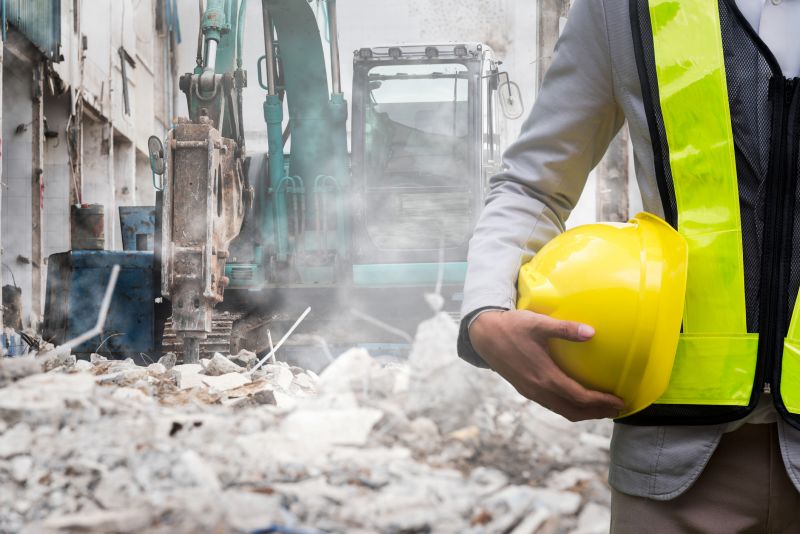
Heavy machinery performing demolition tasks.
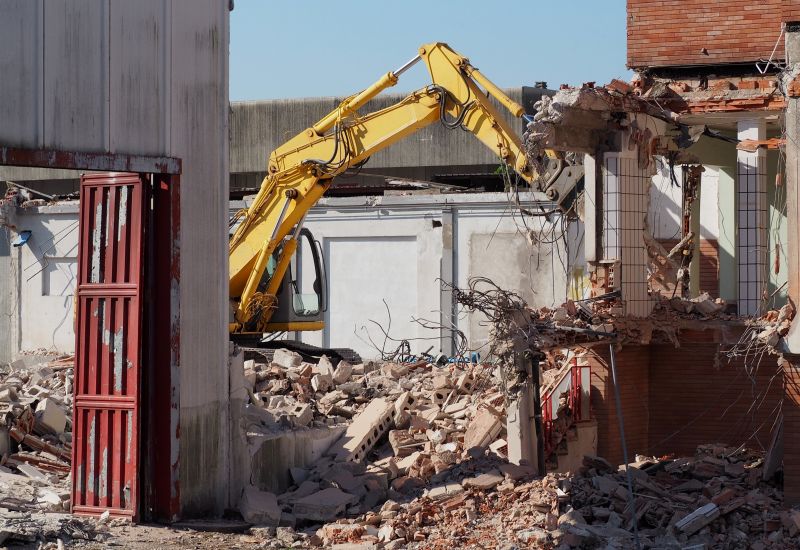
Site cleared and prepared for demolition work.
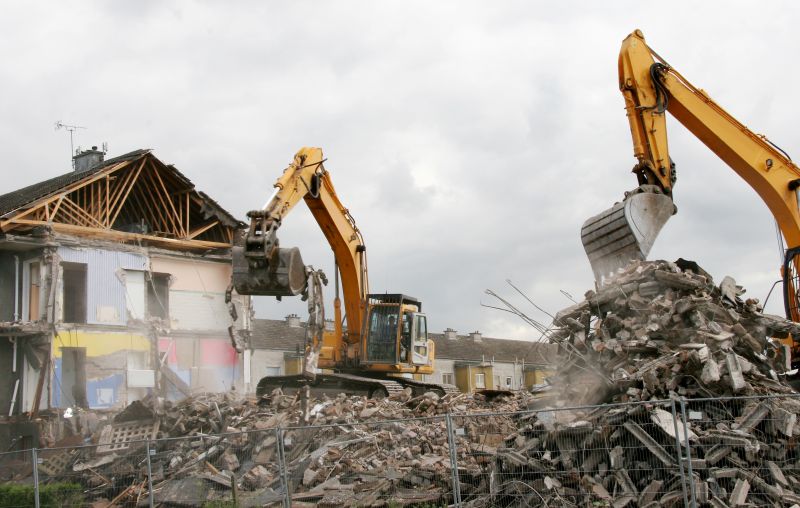
Explosive or mechanical demolition methods in use.
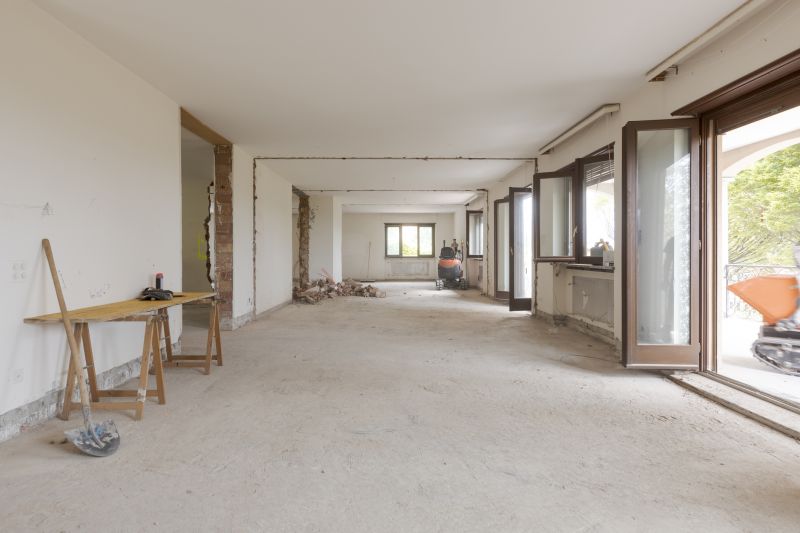
Ways to make Demolition Service work in tight or awkward layouts.
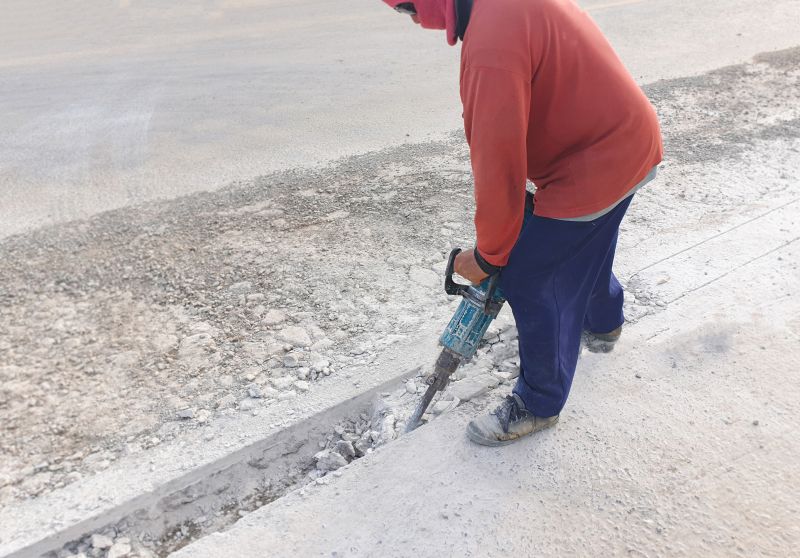
Popular materials for Demolition Service and why they hold up over time.
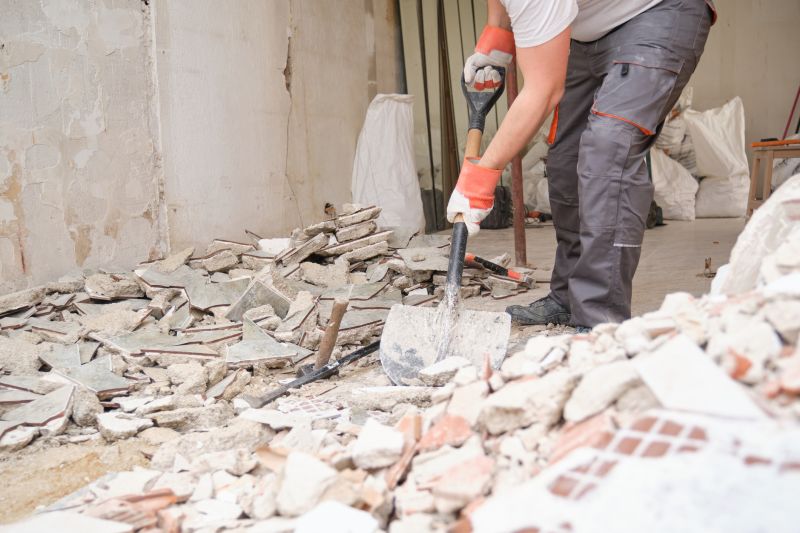
Simple add-ons that improve Demolition Service without blowing the budget.
Demolition services play a crucial role in various construction and renovation projects. They involve carefully dismantling structures to prepare sites for new development. Proper timing ensures safety, efficiency, and compliance with local regulations. Demolition can be performed using mechanical equipment, explosives, or manual methods, depending on the project's scope.
Statistics indicate that scheduling demolition during favorable weather conditions reduces project delays by up to 30%. Additionally, planning demolition activities around permit approval timelines can prevent legal setbacks. Effective scheduling also minimizes disruptions to surrounding communities and ensures safety for workers and residents.
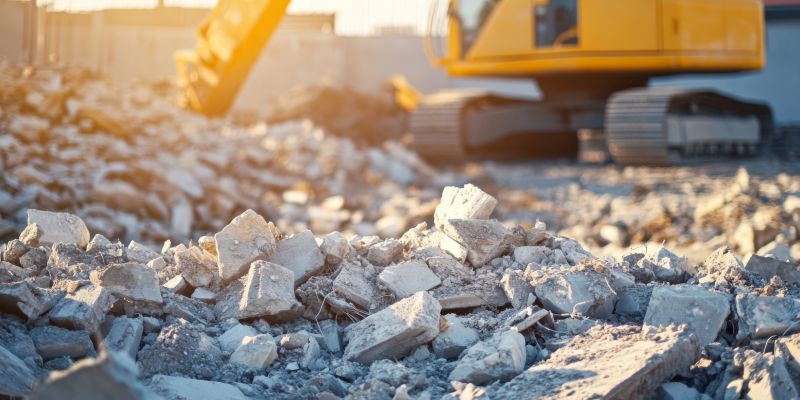
Removing debris and preparing the site for demolition.
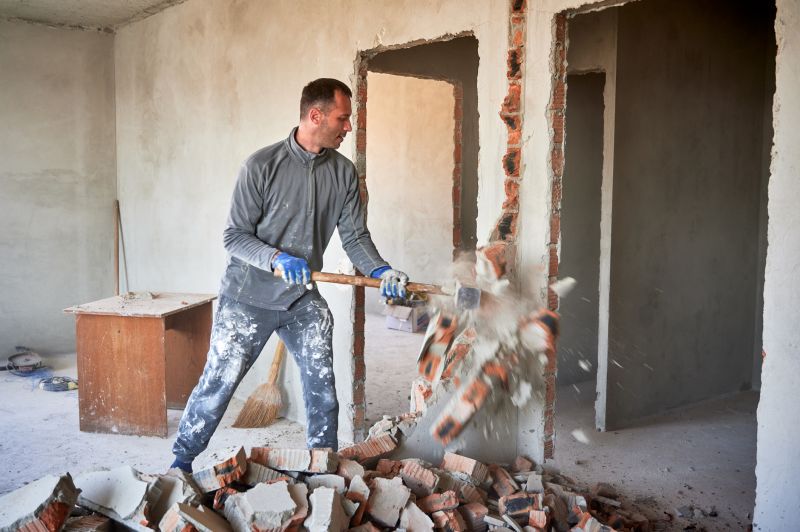
Careful dismantling of building components.
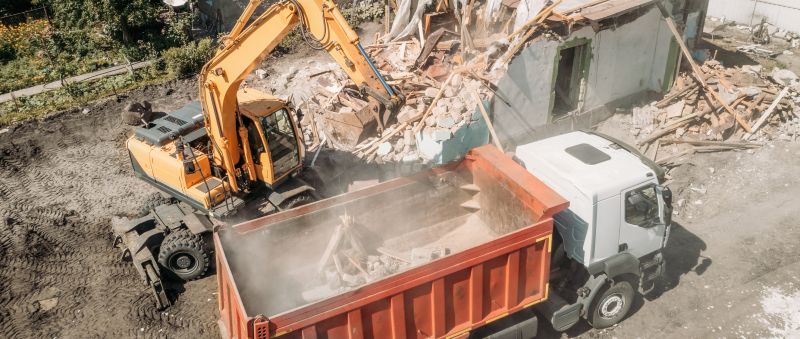
Efficient cleanup after demolition completion.
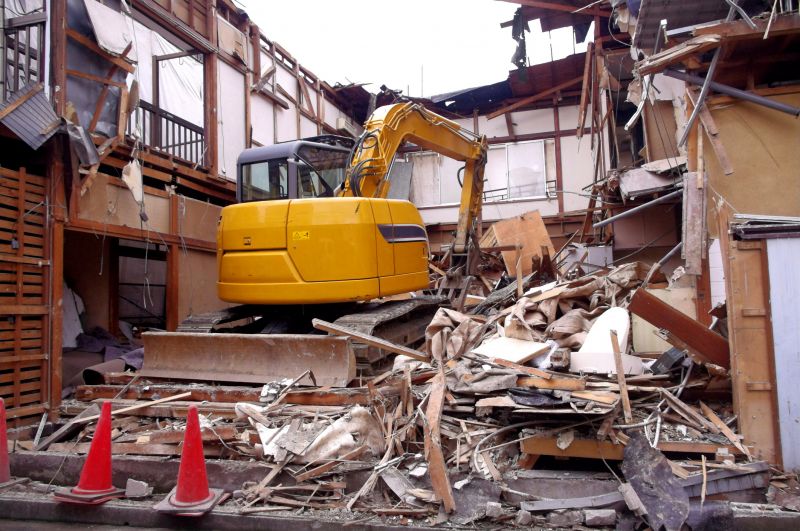
Heavy machinery performing demolition tasks.
| Factor | Optimal Timing |
|---|---|
| Weather Conditions | Dry, mild seasons |
| Permit Approvals | Align with local regulatory schedules |
| Project Scope | Based on complexity and size |
| Community Impact | Off-peak hours or weekends |
| Equipment Availability | Scheduled during high-demand periods |
| Construction Sequencing | Prior to foundation work |
Choosing the right time for demolition ensures project success and safety. Proper planning considers weather, permits, community impact, and equipment scheduling. By aligning these factors, demolition can proceed smoothly, paving the way for subsequent construction activities.
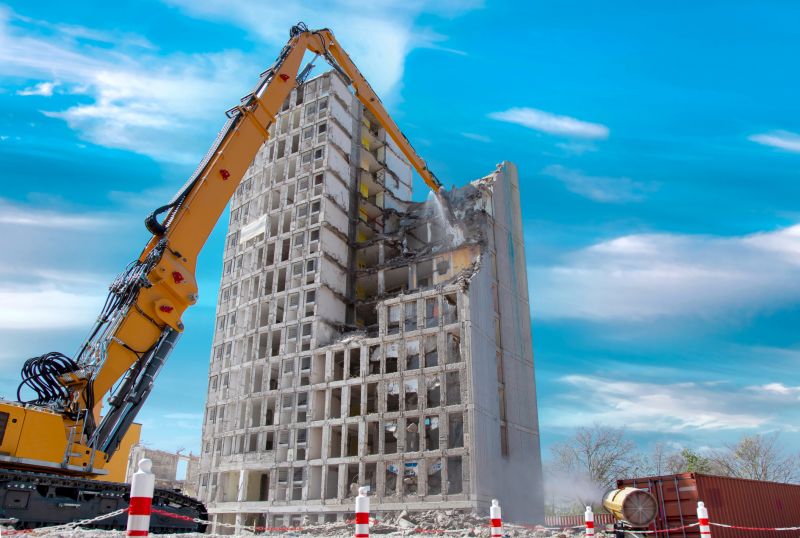
Wide shot of a demolition site in progress.
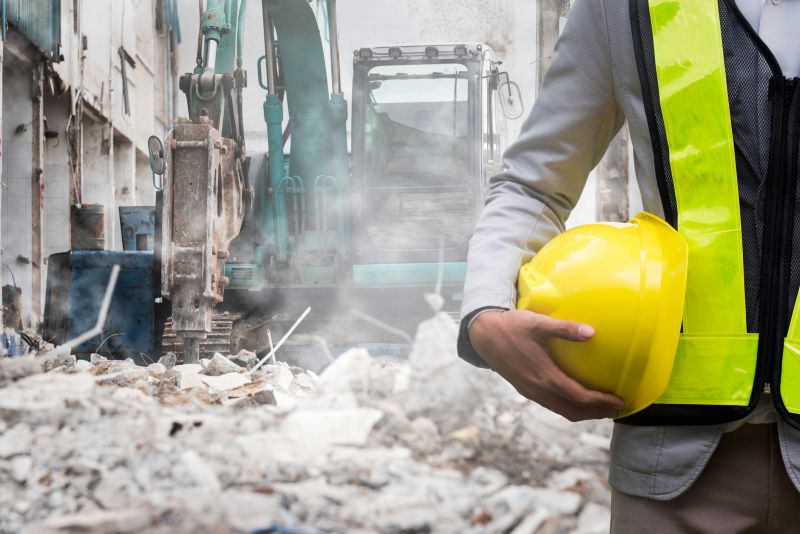
Workers using safety gear during demolition.
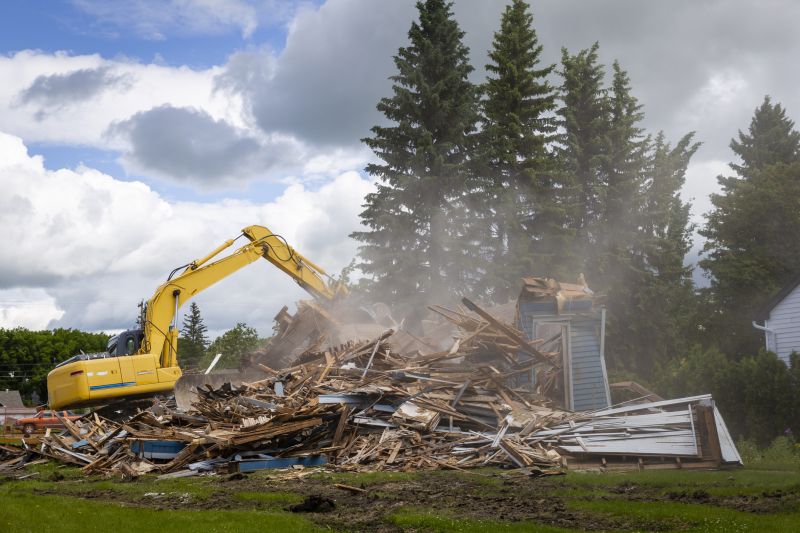
Cleared and ready for new construction.
Interested in scheduling demolition services? Filling out the contact form provides an opportunity to discuss project details and timing considerations. Proper scheduling can lead to more efficient project execution and adherence to safety standards.
